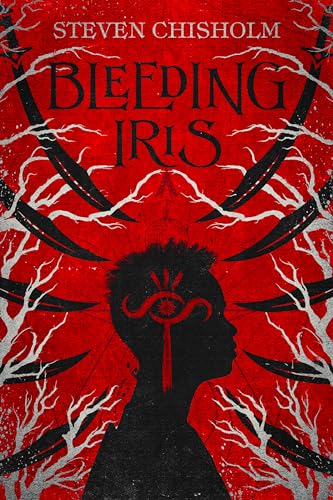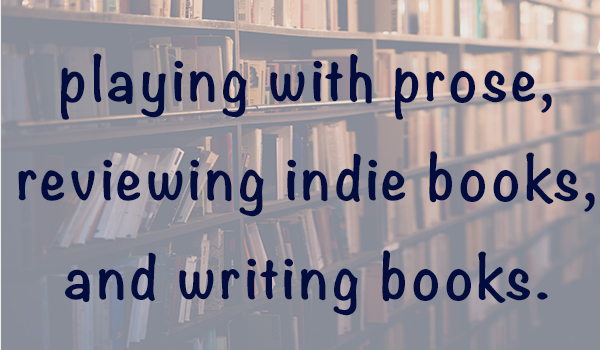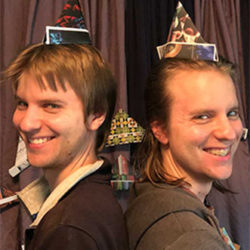
Bleeding Iris Book review
Bleeding Iris is a visually and conceptually strong book; there are several scenes throughout that were just cool to imagine and visualize, from the way the iris’ of those who accept their bargains rupture and bleed out, to more specific imagery like a woman dressed in a veil and all-black despite the heat passively pulling the shadows to her as she moves. It’s just a cool world to explore, especially seeing the various bargains and their costs, which were often as interesting as the powers themselves. But outside of the world-building aspects, the book struggles.
Its plot is slow to start, requiring roughly forty percent of the book to pass before actually beginning, and when it does begin it fails to build upon itself, simply marching forward without interacting with our main character or allowing him to interact with it in meaningful ways (excluding the one inevitable one.) It ends on a strong note, but simultaneously drops a cavalcade of twists on the reader that almost entirely invalidates the story and any investment they might have formed.
The characters, while solid, suffer from a lack of focus and time. Odalig, our protagonist, is aggressively bland; he is introduced as a professional speaker meant to sow unrest in the cities his king’s looking to conquer, and this speaks of a character who uses his words and is eloquent and persuasive and Odalig is allowed to be none of those things. There is not a single scene in the book where his words achieve anything. Then we have his core motivation, which is to rescue his lover Baldana, but all we get are two short scenes between them, and barely anything in those scenes to display attachment, barely anything to help us invest in them: just a throwaway paragraph of backstory. Odalig rarely, if ever, displays genuine heroism, or takes benign actions, or sacrifices, or anything that would help the readers invest in or like him, but by the same note he barely engages in more violent or unpleasant behaviors either. The result is a character without character arch (besides a few scenes of fighting instruction) or a distinctive personality. And again, it’s not that he lacks traits or concepts, but they’re not, or barely, utilized, and he himself is largely denied agency. The other characters are fine, but struggle from a lack of chemistry with Odalig and a lack of time being spent with them (or lack of opportunities to display their qualities and traits.)
The prose is solid to good; the author has a strong vocabulary but regularly lets it get the best of him, inserting random collegiate-level words into dialogue or sentences where nothing else sounds that academic.

